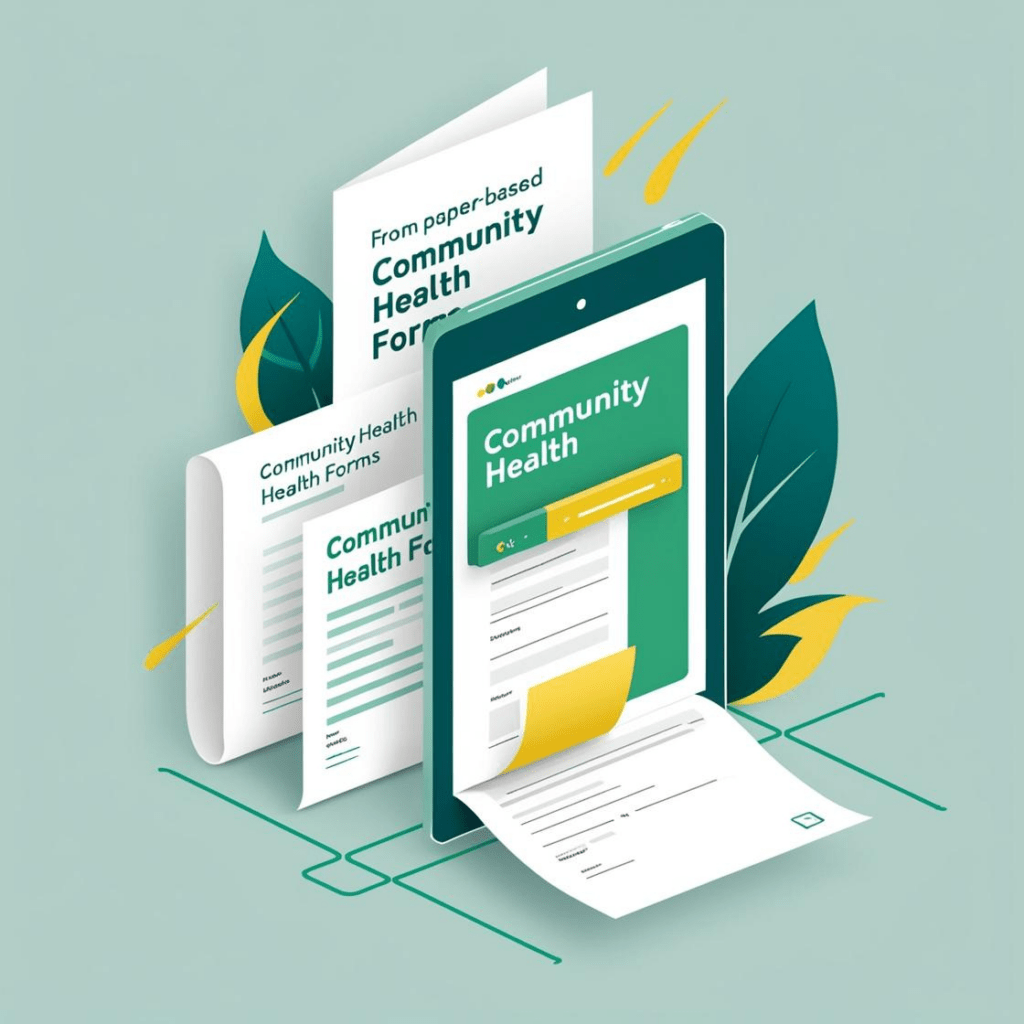Written by: Nicole K Sowers
Local public health (LPH) agencies face unique challenges that traditional Electronic Health Records (EHRs) designed for physician practices and hospitals simply cannot address.
These systems, often rigid, lack flexibility and are focused almost exclusively on individual patient care. Community health departments need a flexible EHR built around the nurse-led model of care practiced in many health departments. Billing and clinical documentation, which is the cornerstone of most EHRs, falls short in meeting the diverse needs of public health departments.Unique Aspects of Local Public Health
-
- Nurse-Led Model of Care: The nurse led model of care is a unique perspective and is often excluded in the design of the EHR, according to the results of a study published in Human Factors in Healthcare, June 2024.
-
- Focus on Population Health; communities, families, and Individual Patient Care: LPH agencies are not singularly focused on individual patients. The focus is much broader encompassing population health, aiming to prevent disease and improve community health outcomes. This requires data collection and analysis beyond individual patient encounters, encompassing factors like social determinants of health, environmental factors, and community-level interventions. Carrying out the foundational public health services and being able to document, measure and report on them is a cornerstone of statewide health initiatives.
-
- Emphasis on Prevention and Community Engagement: LPH agencies prioritize preventive services, such as health education, immunization programs, and community outreach. Their EHR needs to capture the nuances of these activities, including program planning, implementation, and evaluation.
-
- Data Collection for Surveillance and Outbreak Response: LPH agencies play a critical role in disease surveillance and outbreak response. Their EHR needs to facilitate rapid data collection, analysis, and reporting to identify and address public health threats effectively.
-
- Fluid Grant Funding: Public health funding is often tied to specific grants, each with unique data collection and reporting requirements. Traditional EHRs lack the flexibility to easily adapt to these ever-changing demands, forcing staff to spend valuable time on cumbersome data entry and manual reporting.
-
- Client Admissions Bottleneck: For small health departments, client admissions can be a significant administrative burden. Paper-heavy processes and complex EHR systems can consume valuable time that should be dedicated to direct client care. Streamlined admissions are crucial for efficient and effective delivery of care.
-
- Immunization Registry Integration: Manual data entry for immunizations is time-consuming and prone to errors. Seamless integration with state immunization registries is essential to eliminate duplicate data entry, improve data accuracy, and ensure timely reporting. The immunization records in a public health centric EHR need to accommodate viewing, retrieving, and adding immunizations for multiple members of a family easily and allow simultaneous visibility across family health records.
-
- Collaboration and Knowledge Sharing: LPH agencies often operate in silos. A robust EHR should facilitate collaboration and knowledge sharing across jurisdictions. This includes the ability to share best practice care plans, electronic client forms, assessments, and reports, enabling agencies to learn from each other and improve service delivery.
-
- Adaptability in a Changing Landscape: The public health landscape is constantly evolving, driven by new federal, state, and local initiatives. LPH agencies need an EHR that can easily adapt to these changes without requiring significant technical expertise from local health staff.


